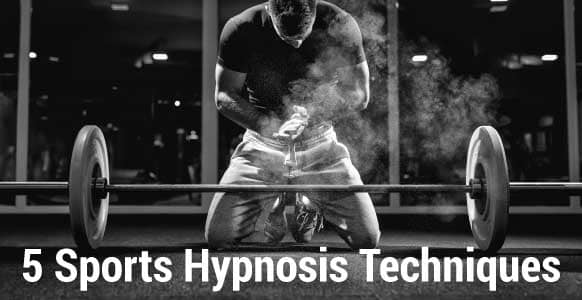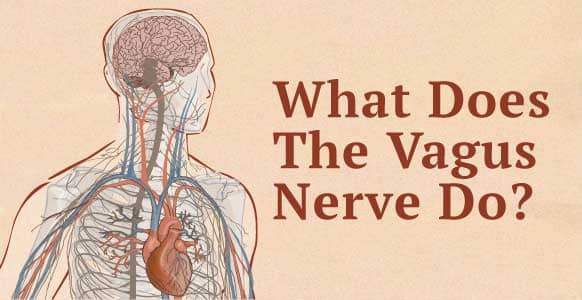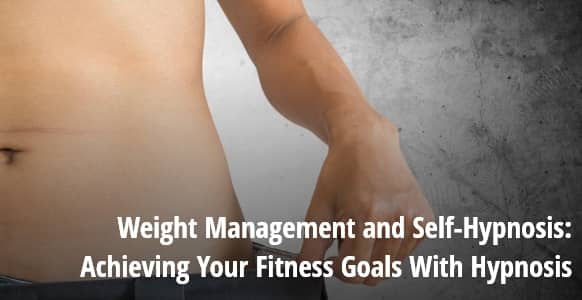
“Food, Glorious Food”.
That’s the title of the opening song in the musical Oliver!
And food can be glorious, as long as it’s consumed as part of a healthy lifestyle.
Easier said than done, you might say: because managing your weight can be a real challenge.
That’s partly to do with the food culture around you and your relationship with food.
It also depends on your knowledge of nutrition.
Or it may relate to your self-image or your relationship with exercise.
Speaking of which, you might never have thought of combining weight management and self-hypnosis… but here’s the thing.
When it comes to weight loss and mindful eating, self-hypnosis is one of the most powerful and effective tools available.
It’s particularly useful for changing the way you think about food and about weight management.
It can be especially helpful if you find you are:
- Weighing yourself on those bathroom scales every 5 minutes
- Neglecting to drink enough pure, fresh water
- Doing too little or too much exercise
- Failing to eat a balanced, healthy diet
- Not getting enough regular, nourishing sleep
And there’s another problem too. There are so many diet plans on the market that it’s easy to think that any one of them might be able to solve your problem for you.
Unfortunately, while some of them have achieved a certain amount of success, they all have their limitations. Some are founded on principles that simply don’t stack up, while the worst of them are too gimmicky to be of any real benefit.
In many cases their primary goal is to sell you a weight management program, so they don’t all necessarily have your best interests at heart.
In reality, however, there’s only one person who can really help. And that person is you.
The good news is that losing weight with self-hypnosis is something that’s entirely under your control.
And once you know how to practice it, there are no costs whatsoever.
You can use it to change the way you think and behave in relation to food, to exercise and to body image.
But how can self-hypnosis do that exactly?
>> If you’re interested in hypnotherapy or want to improve your practice, check out our live and online hypnosis training events.
Want to know more about hypnotherapy, but not sure what certification program is the right choice for you? Book a DISCOVERY CALL today to learn more about Hypnosis Training Academy’s hypnotherapy programs.
Understanding Self-Hypnosis For Weight Management
Hypnosis involves entering what’s known as a trance state. It’s a natural state that everyone enters several times a day.
Like when you’re reading a book or watching TV and your mind drifts off. At such times you’re not paying attention to what’s happening around you.
For a few seconds, your conscious mind switches off and you stop analyzing things.
It feels like you’re floating away to a peaceful and relaxing place, a bit like daydreaming.
Well, self-hypnosis works exactly the same way. The only difference is that you put yourself into a trance rather than having someone else do it for you.
And when you do hypnotize yourself, you have the chance to make long-lasting and positive improvements in your life.
That’s because being in the trance temporarily shuts down your conscious mind and lets you communicate with your unconscious mind.
And that’s where you can make suggestions and implant ideas that will help you reach specific goals, such as managing your weight.
Check out this article and infographic for an easy 6-step guide to self-hypnosis with detailed instructions on how to hypnotize yourself:
How To Hypnotize Yourself: Discover The Easy 6-Step Self Hypnosis Formula
Despite evidence to the contrary, there are still some people who aren’t convinced. They might ask: is self-hypnosis is safe – or even good for you?
Most people who undergo hypnosis don’t experience any side effects. It’s a totally safe, drug-free and non-addictive technique.
You can’t get stuck in a trance and you can’t be brainwashed into doing anything that goes against your moral code.
When the session is over, you’ll either come out of the trance or fall asleep.
The process is really just a way to focus your thoughts inward so that you can tap into your own inner resources.
It’s like meditation with bells on, but with a particular goal in mind – i.e. managing your weight in this case.
So what advantages might self-hypnosis offer for weight management?
Benefits Of Using Self-Hypnosis For Weight Management
Incorporating self-hypnosis into your weight loss strategy means you’ll be able to:
- Stop comfort eating
- Boost your metabolism
- Find the motivation to exercise
- Erase limiting beliefs about food
- Increase your self-esteem and confidence
But that’s not all. Self-hypnosis can help to resolve any emotional issues that are preventing you from losing weight.
That might include trauma, abuse or other past experiences where food was a major factor.
As this article explains, self-hypnosis for weight management can help eliminate old and outdated beliefs that are no longer serving you.
For example, there are misconceptions about how the human body should look, with some believing that to be healthy you need to be thin, which is not the case.
Likewise, you can use self-hypnosis to help reduce your cravings, using techniques such as guided imagery, for example.
And these results are backed up with actual scientific evidence. For instance, in one study, all 60 participants underwent hypnotherapy and lost 2 to 3 percent of their body weight in 3 months.
When followed up a year and a half later, it was discovered that the group had lost an average of 8 additional pounds each.
Another study demonstrated a small reduction in body weight for the hypnosis group as compared to the placebo group.
The evidence indicates that hypnosis or self-hypnosis can be used successfully as an effective weight management tool. It is even more effective when combined with other techniques, such as diet, exercise and counselling.
Since we’re talking about self-hypnosis specifically, what are some of the techniques you might use for managing your weight?
Getting Started: Self-Hypnosis Techniques For Weight Loss
All hypnosis is self-hypnosis, because it’s you who enters a trance. With hypnotherapy, there’s a therapist to help you. With self-hypnosis, however, the idea is to undergo hypnosis under your own supervision.
To do that, you follow the same 3 steps used in any other standard hypnosis session, which are:
1. Induction – this is the part where you get deeply relaxed and switch off from the conscious world, often achieved by closing your eyes and focusing on your breathing, although there are other ways to do it as well.
2. Change phase – this is the part where you make use of the various hypnosis techniques to stimulate your unconscious mind and access your own inner resources. It’s also where you can implant suggestions that will help you accomplish your goal of managing your weight.
3. Exit – this is the part where you finish the session and return to waking consciousness, often done by counting backwards from 10 to 1 as a signal to your body and brain to get back to normal.
Once you’re relaxed and in the hypnotic trance, the change phase is the part where you can employ techniques such as the following.
Guided visualization – this involves using mental imagery to alter certain beliefs about food and to help you make better dietary choices. It may involve imagining yourself choosing healthier diet options, as well as seeing a picture of your future self after having achieved your weight loss goals.
Positive affirmations – these are positive statements that you repeat over and over to yourself during the change phase to help implant messages directly into your unconscious mind. These are always positive and are usually stated in the present tense.
Examples of relevant affirmations for weight loss could include:
- I enjoy drinking plenty of fresh, clean water
- I only eat when I am hungry
- I stop eating when I feel full
- People admire my ability to lose weight
- I resist eating between meals
- Exercise helps to digest my food
- I am able to lose all the weight I need
- Losing weight is easy for me
- I am in control of my weight
Mindful hypnosis – mindfulness is considered to be a great way to prepare for hypnosis because it helps bypass the critical factor so you can communicate with your unconscious. Both mindfulness and hypnosis make it easier for you to:
- Relax and reduce anxiety
- Gain insights
- Boost your awareness
- Increase your curiosity
The thing to remember about weight loss is that it isn’t a quick-fix, one-stop solution. Self-hypnosis can help you reach your weight management goals, but only when used as part of a healthy and balanced lifestyle.
Combining Self-Hypnosis With Healthy Lifestyle Choices
Self-hypnosis is a complement to, and not a replacement for, a balanced diet and regular exercise.
For the best results, you should incorporate hypnosis into a broader wellness routine that includes diet, exercise and behavioral changes.
Here are some of the simple changes you can make that will help you manage your weight more efficiently.
Watch what you eat
- Eat more fruit and vegetables.
- Choose smaller portion sizes.
- Drink lots of water when you feel hungry to fill yourself up.
- Avoid chips, cakes and cookies or use them as weekly rewards or incentives.
- Eat fewer portions of meat and choose lean cuts.
- Try including nuts and legumes in more of your main meals.
- Use a weight loss app if appropriate.
Before you make any changes to your diet, experts recommend that you seek guidance from a registered health professional or nutritional specialist. You could also get advice from a hypnotherapist on the best way to include self-hypnosis in your weight management routine.
Get moving
- Choose walking over driving for short distances.
- Take up dancing, swimming or another movement -related activity you particularly enjoy.
- Sign up for movement or fitness programs.
- Consider enrolling in yoga or Pilates classes.
- Commit to regular gentle exercise 2 or 3 times a week.
- Exercise with a friend to make motivation easier.
It’s thought that taking approximately 4,000 steps a day will keep you reasonably healthy and should help to ward off major illnesses such as diabetes and heart disease. That could simply involve walking to your local store for the newspaper or a pint of milk twice a day.
Monitor your behavior
- Eat your food more slowly to aid digestion.
- Use smaller plates to trick your brain into thinking you’re eating more.
- Change your routines to make it easier to avoid snacking between meals.
- Keep a food diary to monitor exactly what you’re consuming.
- Treat yourself with non-food rewards when you reach a weight loss target.
- Use self-hypnosis to instill positive behaviors into your unconscious mind.
One of the great advantages you can get from self-hypnosis is its ability to help you see things from a different perspective, so that you can ditch negative beliefs and ideas about your weight in favor of more positive ones.
Be sure to seek professional guidance from a registered health professional and a registered hypnotherapist to give you the best start and the best chance of success.
Conclusion
Managing your weight can be an ongoing challenge with plenty of obstacles to overcome.
Self-hypnosis is a powerful tool to help you lose weight and enjoy a healthier lifestyle.
You can use it to change the way you think about food and to alter your relationship with food.
Hypnosis makes it possible for you to switch off your critical conscious mind so that you can communicate with your unconscious.
That means you’ll be able to reprogram your thinking and get rid of outdated and limiting beliefs that are holding you back.
It also allows you to put things into perspective and to examine any past issues that may have damaged your relationship with food.
Most authorities recognize that self-hypnosis for managing your weight is more successful when combined with a regime focused on diet, exercise and behavior.
There are various hypnosis techniques that can help you manage your weight efficiently, such as guided visualization, positive affirmations and mindful hypnosis.
It’s important to remember that self-hypnosis should be used as a complement to a well-rounded healthy lifestyle regime and not a replacement for it.
You should always consult a registered health professional before making any major changes to your diet or lifestyle.
>> If you’re interested in hypnotherapy or want to improve your practice, check out our live and online hypnosis training events.
Want to know more about hypnotherapy, but not sure what certification program is the right choice for you? Book a DISCOVERY CALL today to learn more about Hypnosis Training Academy’s hypnotherapy programs.

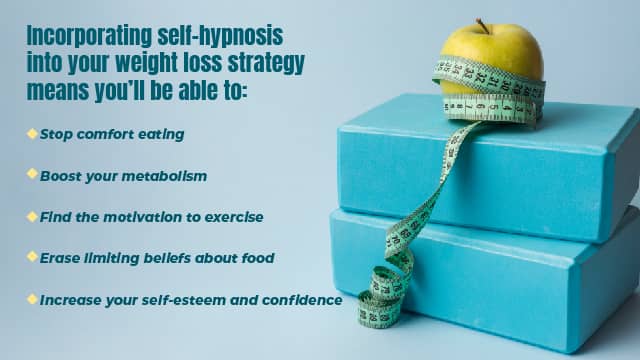
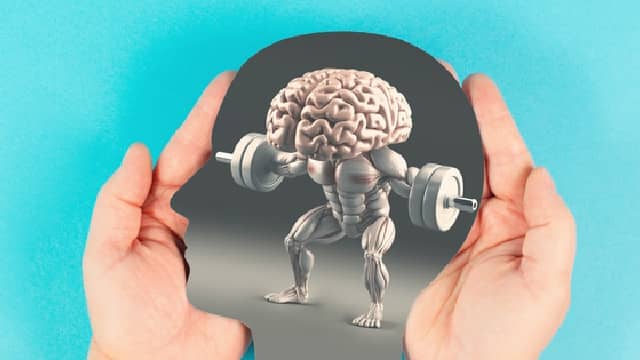
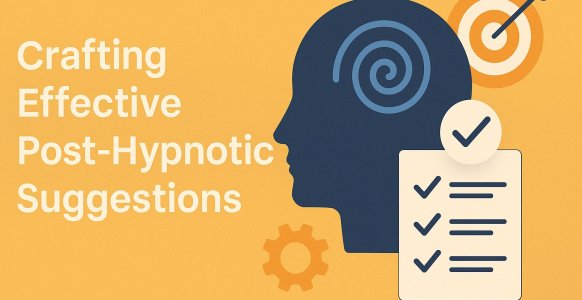





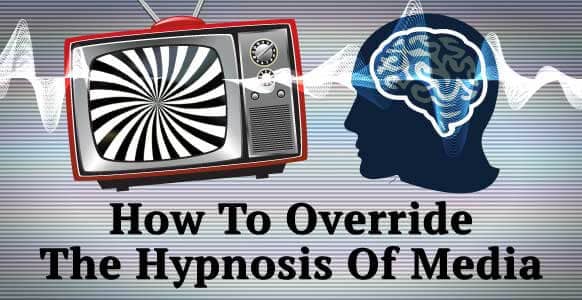
![[ADVANCED GUIDE] How To Master Hypnotic Regression Therapy - Part I: Essential Principles To Profoundly Transform Your Subject’s Emotional Trauma [ADVANCED GUIDE] How To Master Hypnotic Regression Therapy - Part I: Essential Principles To Profoundly Transform Your Subject’s Emotional Trauma](https://hypnosistrainingacademy.com/wp-content/uploads/2016/09/hypnotic-regression-therapy-essential-principles.jpg)

